It could draw from a greater reservoir of freedom. The irony could develop an even greater ease
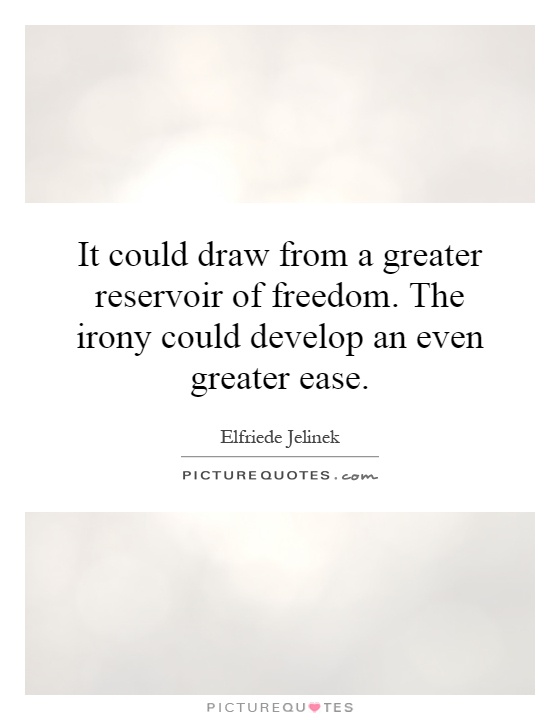
It could draw from a greater reservoir of freedom. The irony could develop an even greater ease
Elfriede Jelinek, the Austrian playwright and novelist, is known for her provocative and challenging works that often explore themes of power, gender, and violence. Her writing is characterized by its unflinching honesty and its willingness to confront uncomfortable truths. In many of her works, Jelinek examines the ways in which societal norms and structures can limit individual freedom and perpetuate inequality.When Jelinek writes that "It could draw from a greater reservoir of freedom. The irony could develop an even greater ease," she is suggesting that there is a potential for greater liberation and subversion within her work. By pushing the boundaries of conventional storytelling and challenging established norms, Jelinek is able to create a space for her characters to break free from the constraints of society and explore new possibilities.
The use of irony in Jelinek's work is a key element in this process of liberation. Irony allows her to subvert expectations and challenge the status quo, creating a sense of unease and discomfort that forces the reader to confront their own assumptions and biases. By using irony to highlight the absurdity and hypocrisy of societal norms, Jelinek is able to expose the ways in which power operates and perpetuates inequality.
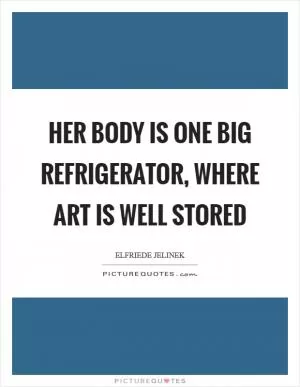

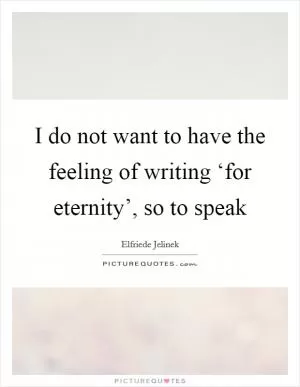

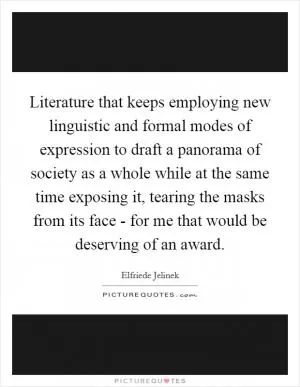




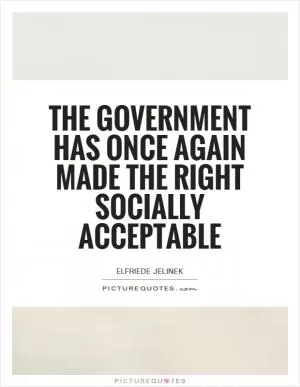

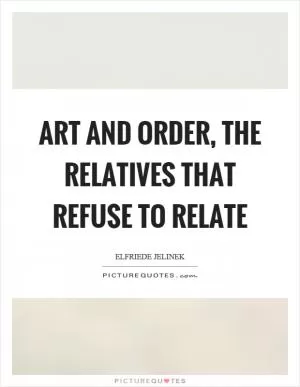
 Friendship Quotes
Friendship Quotes Love Quotes
Love Quotes Life Quotes
Life Quotes Funny Quotes
Funny Quotes Motivational Quotes
Motivational Quotes Inspirational Quotes
Inspirational Quotes